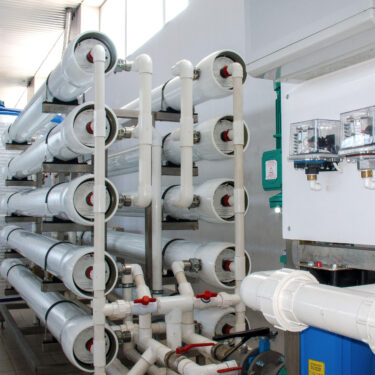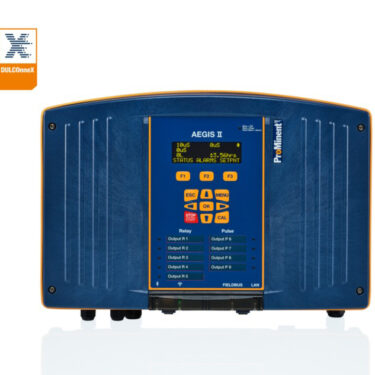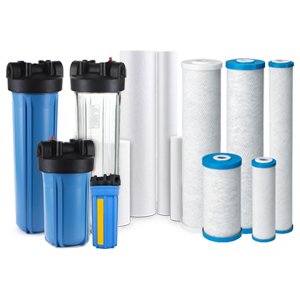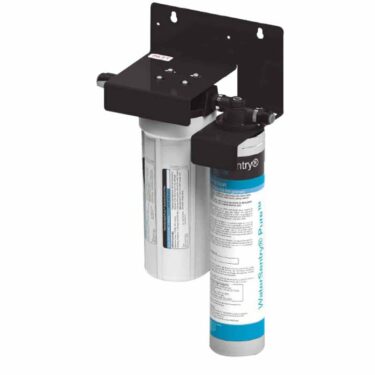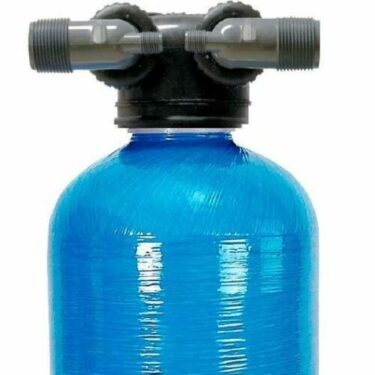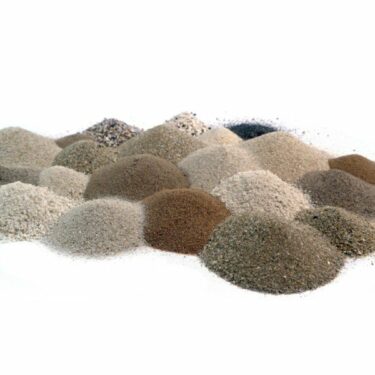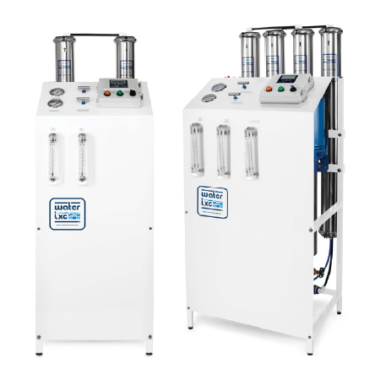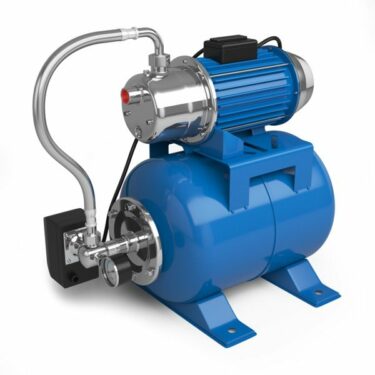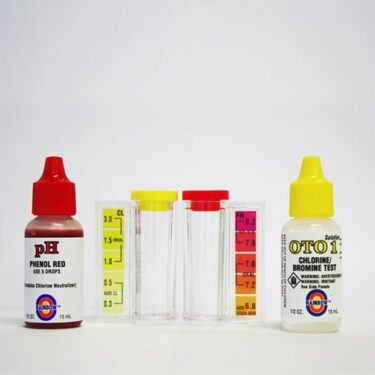Si tiene alguna duda o requiere una cotización de un proyecto o productos, escríbanos:
|
|
Water treatment systems are equipment armed with the steps or stages necessary to address specific problems related to the quality of the water that needs to be treated.
Every water is different so it is important to determine the correct water treatment system for your application. The most common problems in the water treatment industry tend to be:
Water treatment systems are designed for different contaminants that exist in a wide range of water sources.
This type of filters work by gravity and use granular filter media in a deep bed, which removes suspended solids from all water or industrial process liquids or services, using anthracite, AG filter, silica sand and gravel support.
The deep bed water filtration allows to retain microns between 15 and 30 microns. A drum type model, in a tank operated by a top or external valve that controls water flow and self-cleaning or backwashing for continuous maintenance.
It is an alternative to deep bed filters or multimedia filters for large flow rates, disc filters is a cartridge rings or plastic discs of long duration, which functions as a barrier to retain solid sediments, the disc cartridge there are micron ratings: 130, 100, 50, 50, 20 and 5 microns.
The most important saving compared to deep bed filters is backwashing or cleaning water, it can already save 50%.
This is the technology that can lead to improved control and water savings for industrial and wastewater systems.
In water treatment, a very recurrent problem is the presence of calcium and magnesium, which causes calcifications or incrustations in pipes, boilers, heaters and industrial machinery.
It uses synthetic resins formed by small polymer spheres, electrochemically charged with an ion, but this resin has a preference for the ion that we want to eliminate, the result of the treatment is an ion exchange, in which the resin releases the ion that is pre-charged and exchanges it for the one that has preference.
In addition to cationic softening resins that have a preference for calcium and magnesium (hardness), there are other cationic and anionic resins that have other applications.
One of the oldest and also one of the most widely used processes in water treatment. Activated carbon has a preference for organic molecules, which makes it a very good purifier after deep bed filtration or disc filters.
Activated carbon reduces free chlorine and other oxidants such as hydrogen peroxide and ozone, which could damage UF ultrafiltration or reverse osmosis membranes.
UF ultrafiltration, a process using a pressurized membrane, is mainly used to treat:
Water with emulsified oils.
Water with metallic hydroxides.
Emulsions.
Dispersed material.
Suspended solids.
Retention of other high molecular weight materials from wastewater.
Coolants.
UF’s main application is to retain suspended solids, bacteria and macromolecule concentrations, including oil and other liquids.
The UF ultrafiltration system is designed to reduce the volume of oils in water by up to 98% without the use of additive chemicals. These systems are also good for recycling, reusing gray or soapy water.
An important saving for companies or hotels is the reduction of washing water and detergent costs by up to 75% and further treatment can give a 90% reduction in waste water to drainage (because they can reuse the water in irrigation). For these reasons, UF ultrafiltration membrane technology has quickly become the preferred process over other filtration methods used.
Reverse osmosis (RO) is a technology that removes dissolved solids TDS and impurities from water using a semi-permeable membrane, which allows only water to pass through, and retains most dissolved solids-salts and other contaminants. Reverse osmosis membranes require higher than osmotic pressure, with the use of pumps to achieve the goal. The water that passes through the reverse osmosis membrane is called permeate or product water, and the dissolved salts that leave the membrane reject are called concentrate or reject water.
Well designed and operated reverse osmosis equipment can remove up to 99.5% of dissolved salts and unwanted impurities, as well as much of the colloidal and suspended matter from drinking and wastewater applications. Typically, for industrial, metallurgical and surface treatment applications, reverse osmosis technology is the final process or chemical treatment of tertiary and feed wastewater.
Cartridge filters work by gravity like deep bed or disc filters and use polyethylene or paper fibers, they are disposable and for some processes it is necessary not to reuse the filters. They remove solids from industrial or laboratory process liquids.
Cartridge filters are suitable for applications involving the removal of ferrous metals, solids such as glass, rubber and plastic.
Standard cartridge filtration units are available in flow rates up to 130 gallons per minute (GPM). Different classes of cartridge filter media allow micron settings, typically 0.5, 1, 5, 10, 20, 50, 75 and 100 micron.
These cartridges need a filter holder or cartridge holder (housing) that can be made of polyethylene plastic material or polished stainless steel for certain industries.
https://www.cdc.gov/healthywater/drinking/public/water_treatment.html
https://www.filtrashop.com/tratamiento-de-agua/
